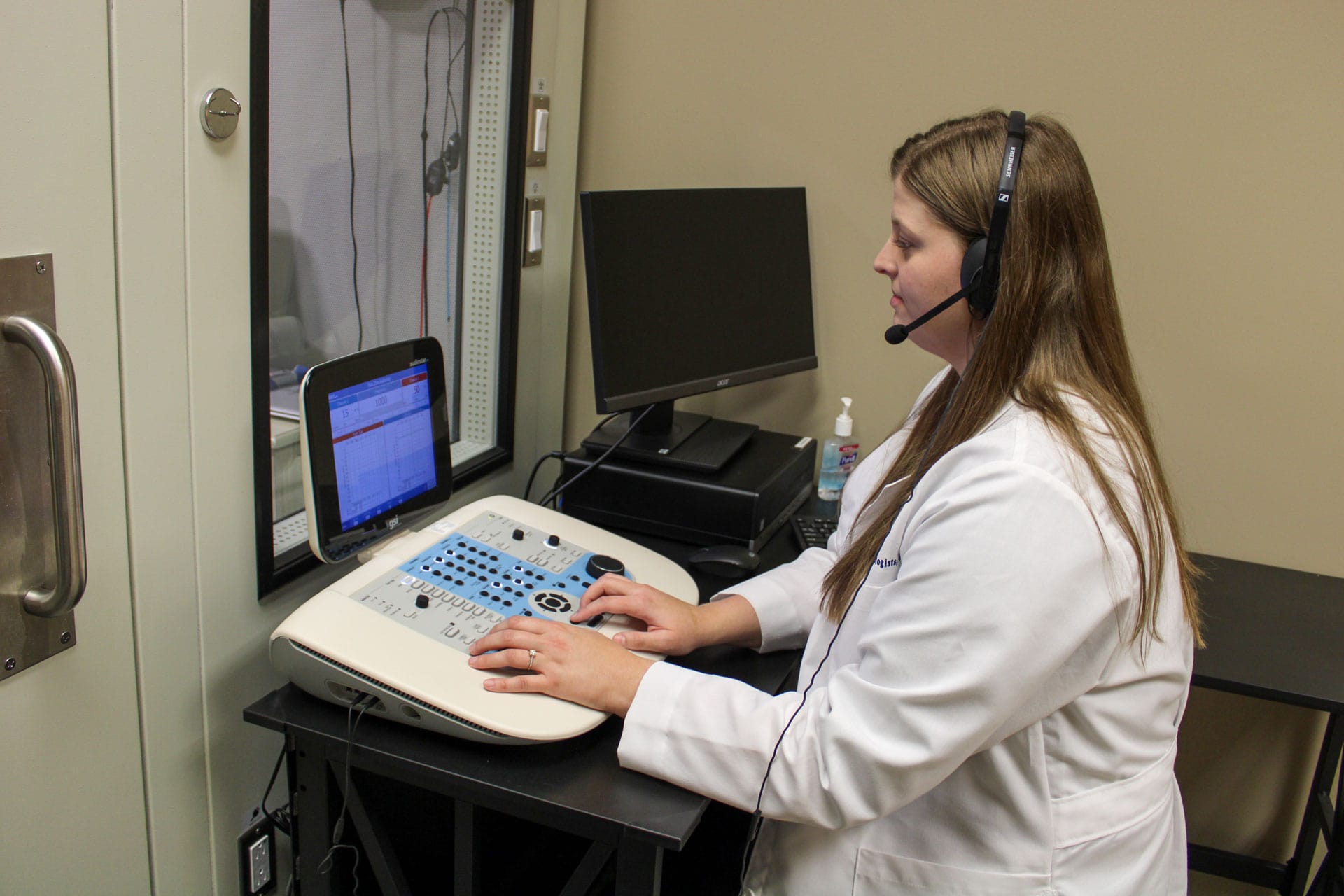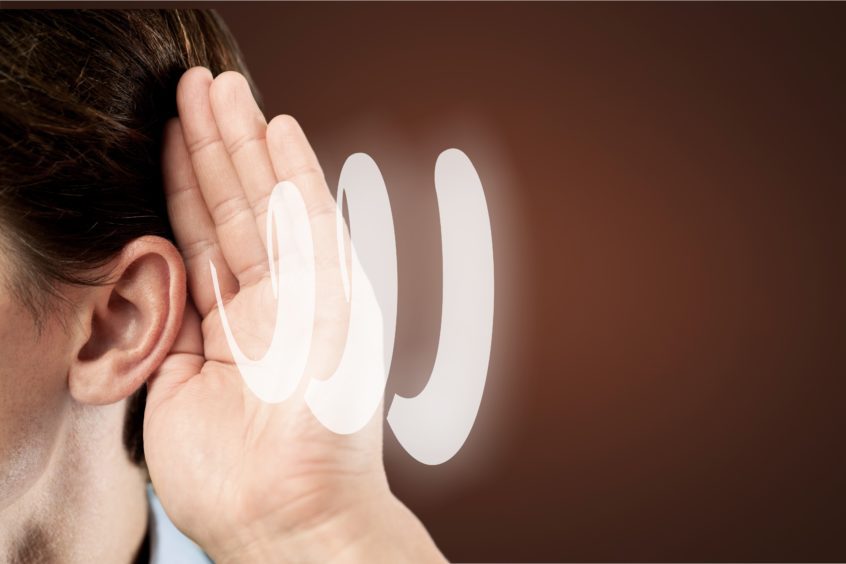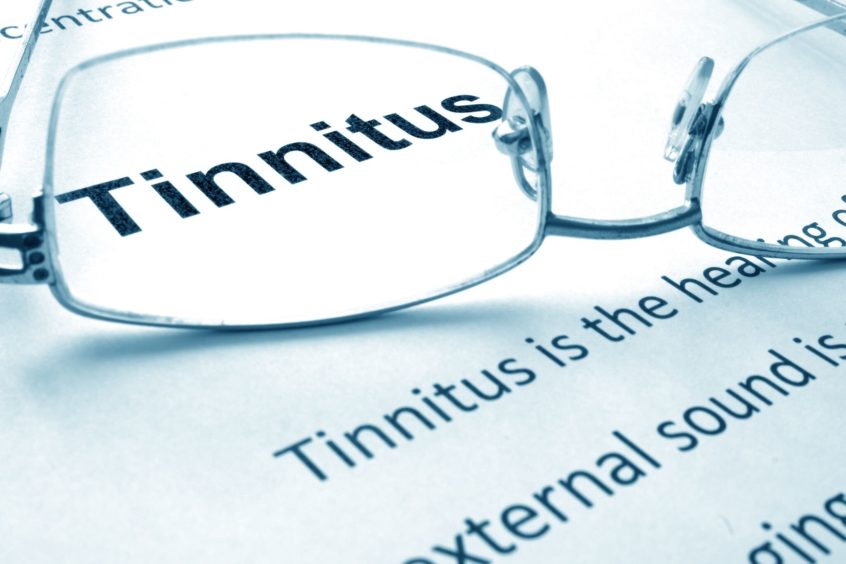An audiologist is a doctoral-level professional who can diagnose and treat hearing loss, as well as recommend and fit prescription hearing aids. These highly skilled professionals can significantly impact your success in wearing hearing aids. If you notice you’re having problems hearing, it may be time to have a diagnostic hearing evaluation. But who can you turn to perform this … Read More
What Is Tinnitus and What Can You do for it?
According to the American Tinnitus Association, millions of Americans experience tinnitus, making it one of the most common health conditions in the country. The U.S. Centers for Disease Control estimates that nearly 15% of the general public, more than 50 million Americans, experience some form of tinnitus. Roughly 20 million people struggle with burdensome, chronic tinnitus, while 2 million have … Read More
What Does Tinnitus Sound Like?
What Does Tinnitus Sound Like? Tinnitus is commonly referred to as “ringing in the ears,” but it can actually manifest in a variety of different perceived sounds including: ringing, hissing, static, crickets, screeching, whooshing, roaring, pulsing, ocean waves, buzzing, dial tones and even music. According to the American Tinnitus Association, in almost all cases, tinnitus is a subjective noise, meaning … Read More
What Is Tinnitus and Who Has It?
Tinnitus is the perception of sound in the absences of an external sound source. Tinnitus can take on any number of characteristics and is usually a sound that only you can hear. You can experience tinnitus that varies from soft to loud and from low to high pitch. Individuals describe their tinnitus in a number of ways, including a buzzing, … Read More
Tinnitus Management Options
Despite claims from a variety of products, currently, there is no known cure for tinnitus. However, there are very good, well-established tools and management options that can significantly reduce the perceived burden of tinnitus, and help manage its impact on your life.
Why the Diagnosis of “Vertigo” Can Be Misleading
We often see patients who have been diagnosed with vertigo, but aren’t sure what that means for their health, or how it’s best treated. The definition of vertigo is the perception of the room spinning. Many patients, when experiencing any form of dizziness, will visit a physician. This may be a neurologist, primary care, urgent care, orthopedist, cardiologist, or even … Read More
Think You Might Have an Inner Ear Problem? Watch for These 8 Signs
Inner ear problems can cause all kinds of symptoms that interfere with your ability to function in day-to-day life. If you’ve ever experienced imbalance, you know all about the unpleasant symptoms and how debilitating it can be. {{cta(‘e6d39ba6-aad0-4b56-9975-2edf980caa65′,’justifycenter’)}}
What to Do about Ringing in Your Ears
If you’ve experienced ringing in your ears, you’re not alone. Between 50-60 million Americans suffer from this symptom. This annoying background sound is an unfortunate experience that disrupts everyday life for many.
Are You Living with Dizziness or Balance Problems?
If you experience feelings of dizziness, vertigo, and other balance problems, you know first-hand how frustrating it is. Side effects and symptoms vary from person to person, but knowing and understanding everything related to dizziness or balance problems, and yours specifically, makes dealing with this disorder less overwhelming. Read below to find out more about dizziness and balance problems … Read More
How Are Balance Disorders Treated?
We often take our sense of balance for granted, without giving a second thought to walking across a gravel driveway or rolling out of bed. Our balance is achieved by a combination of sensory input from sight, touch, and our ears (i.e., the vestibular system), which accounts for motion, equilibrium, and spatial orientation. Integrating that sensory and motor output … Read More







